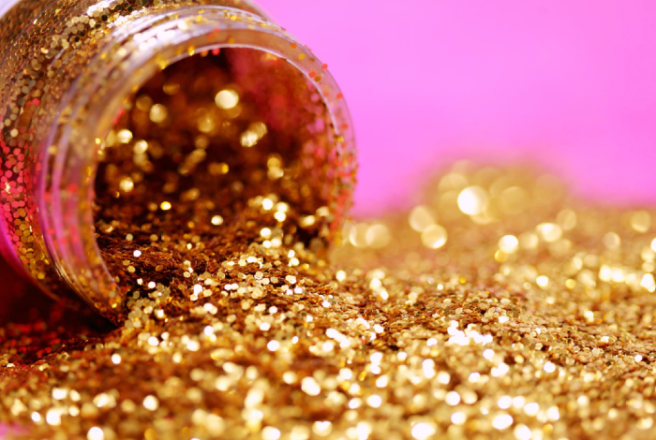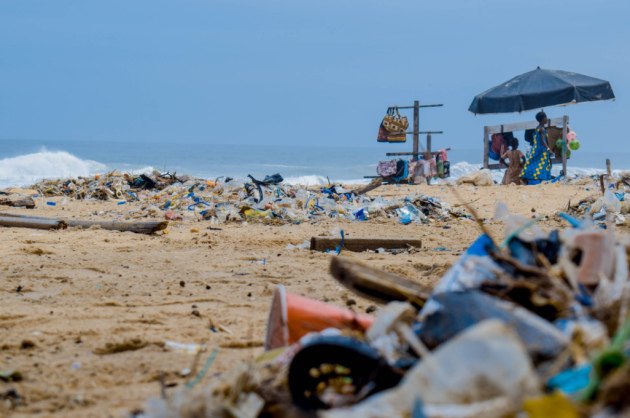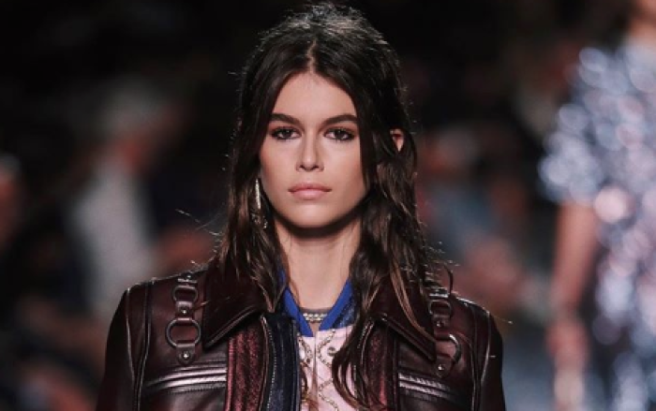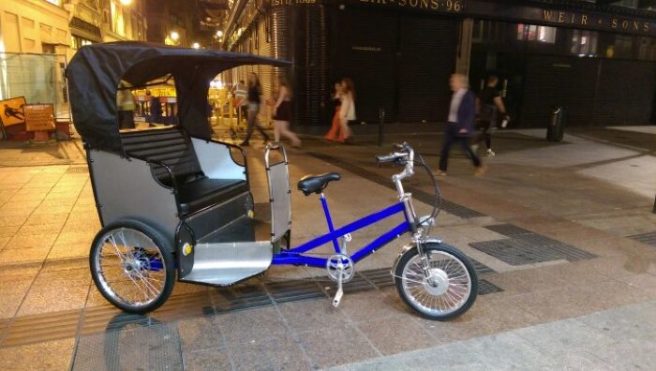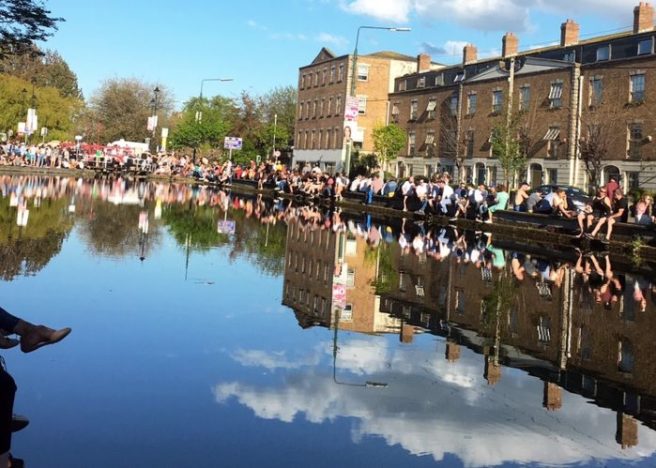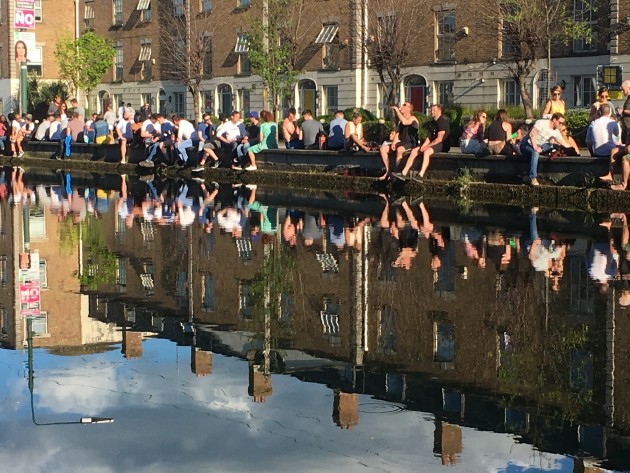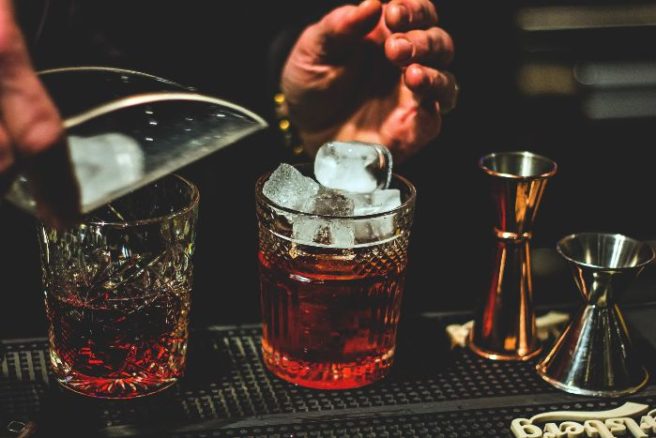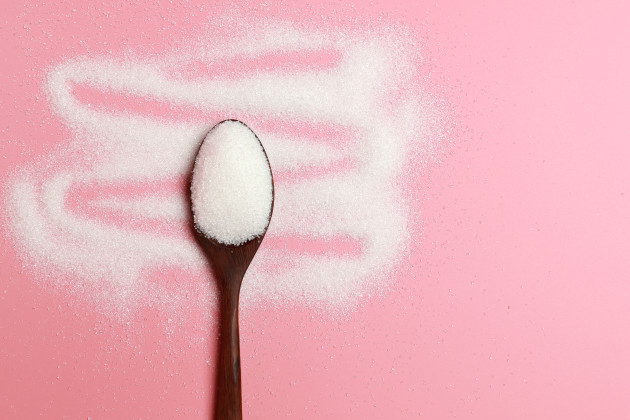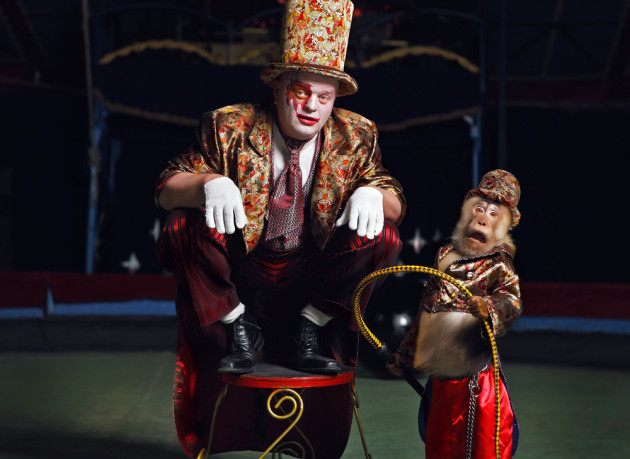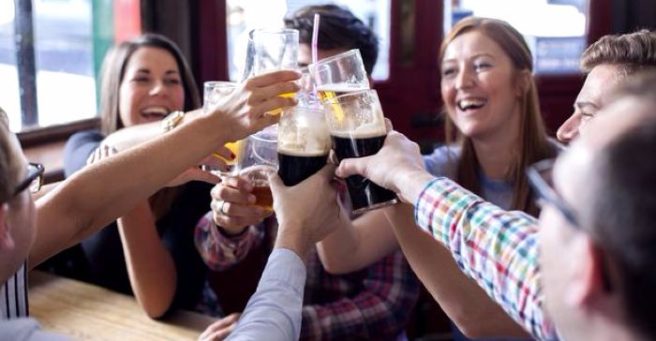Let get one thing out of the way – I consider myself a staunch feminist.
The abortion rights march attending, placard waving, body positivity advocating type of feminist. I even have blue hair if that helps your currently developing impression of me.
I agree with all of the principles of feminism – it is so necessary to fight to achieve equal rights for both men and women, and there are definitely areas of society that need pruning and re-education do to so.
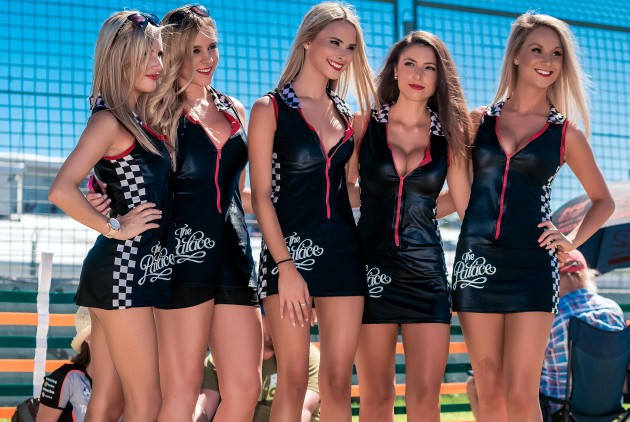
However, in the vast jungle that is societal issues, I would perceive grid girls to be a rose with thorns rather than a fully fledged venomous tentacula (Harry Potter fans, this reference is for you.)
To me, the removal of grid girls comes from a good place, in that it aims to eliminate the normalisation of objectifying women.
When a woman is objectified or catcalled, it minimises and depersonalises her to a level that no one should experience – no woman should be seen as a sex object against her will.
However, if a woman chooses a career path as a grid girl, then who is anyone to say that she cant do that?
The issue with banning grid girls is that the decision is a huge double standard.
My interpretation of the main principle of feminism is that feminism is an equaliser that gives women the freedom to do what they want to, be that enrolling in a STEM course, choosing to be childless or opting to tackle the difficult and taxing career path that is modelling.
That freedom, to me, includes the ability to do whatever one pleases with ones own body, be that covering it in tattoos, concealing it with hijab, having lip fillers, opting for sterilisation, not shaving, or wearing skimpy clothes without being judged.
I wouldn't stand for anyone judging me for what I wore on any level, and with my experience of associating with fellow feminists, none of them would either.
Yet the ban on grid girls is reflective of a judgement on what these women are seen as based on how they appear – that is, scantily clad and decorative.
Standing around in two-toned polyester emblazoned with a sponsor's logo is an outdated marketing ploy, but if a women wants to play on her self confidence and gain respectable employment by doing so, then I think that that is completely her business, and no one elses.
In my opinion, if you support Kim Kardashian's right to free the nipple on Instagram, you should probably consider why you believe that grid girls don't have the same right to financially flourish based on their sexuality.
Is banning grid girls the first step towards banning women from publicly expressing, and getting paid for, their sexuality entirely?
Will models, promotional workers, strippers, glamour models, porn actresses, Ibiza shot girls, ring girls, playboy bunnies, Instagram models – essentially any woman who is comfortable expressing her sexuality – be the next to go?
Backlash has been mounting against the ban since grid girls themselves have been speaking out against it.
Many feel that they have faced worst treatment from women claiming to be feminists than they have from the racing community.
If objectification is the issue, then why not tackle the perpetrator rather than the victim?
Why remove women from something they enjoy doing, something that pays the bills for many of them, rather than attempting to re-educate the enforcers of the objectification?
If grid girls are such an inherent tradition to Formula 1 fans, then why not remind the audience that the women are there to advertise and entertain, not objectify.
If that's the case, then I would happily retract the ban on grid girls in favour of replacing it with a scheme which encourages men to refrain from objectifying.

However, I can appreciate that the existence of grid girls and not 'grid boys' is inherently sexist and completely outdated.
Perhaps modernising the tradition (slight oxymoron there) to include male promotional workers posing on Ferraris and entertaining crowds would help to balance the situation.
Being a professional grid girl is not the same as any illicit industry that actually exploits women – no one is trafficked or forced against their will to become a flag-waving promotional model.
At the end of the day, I will always defend a women's right to choose over societal expectations and pressures.
[interaction id=”5a7b3d391e46ae00019d42ee”]
